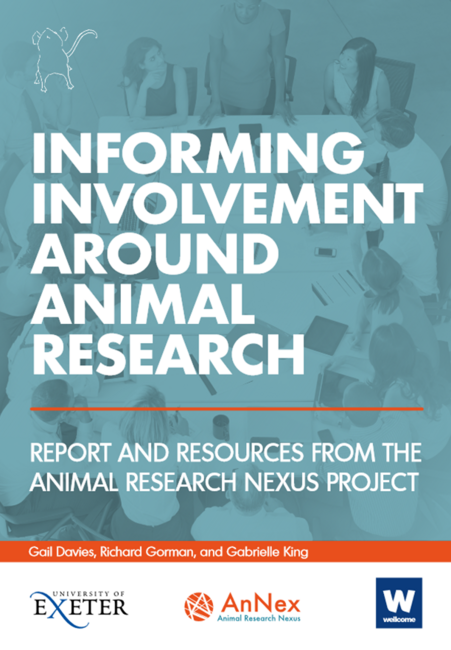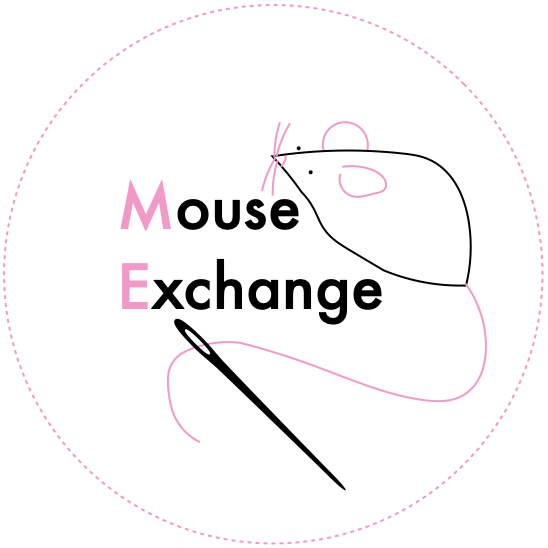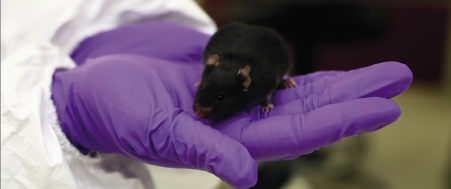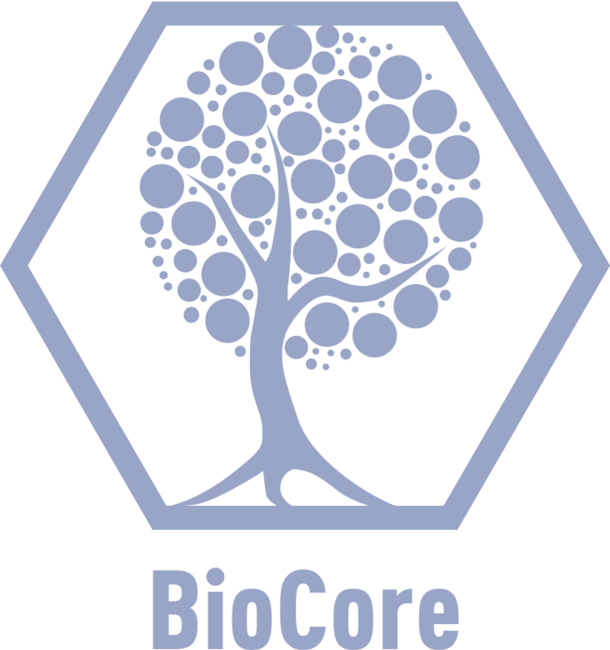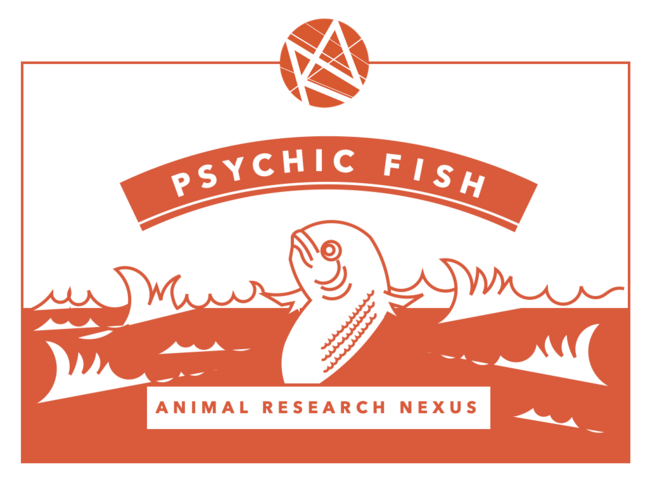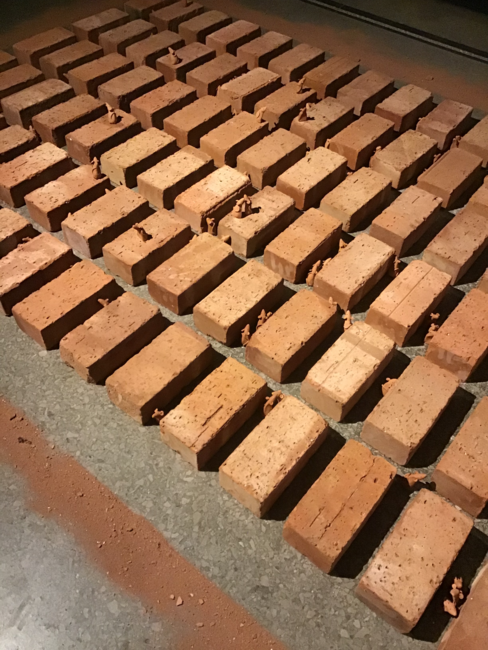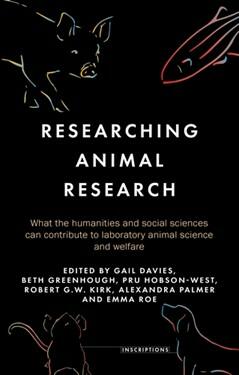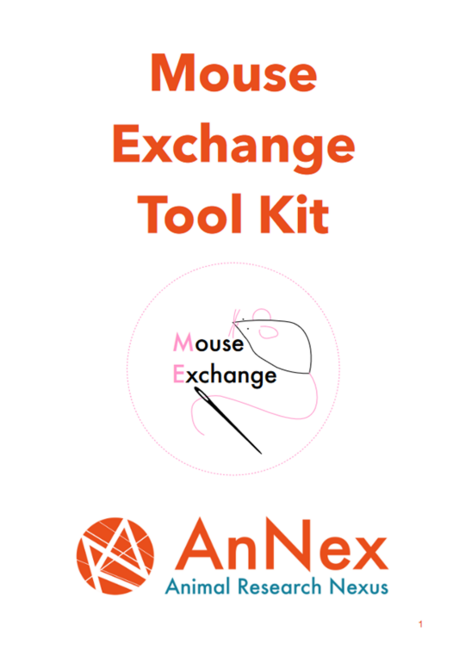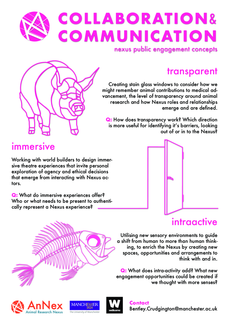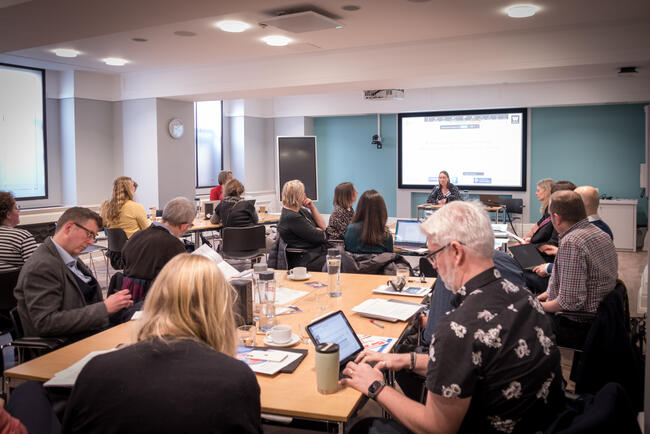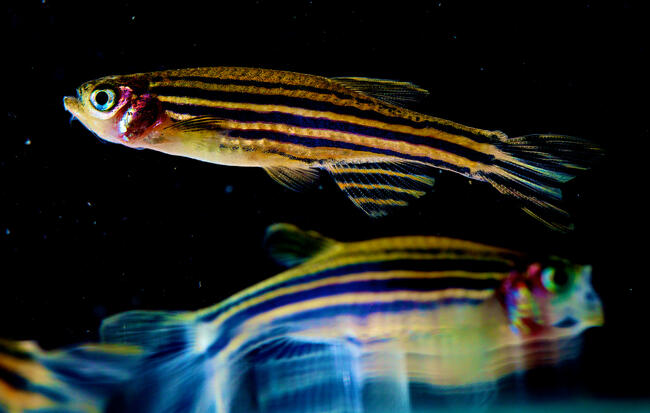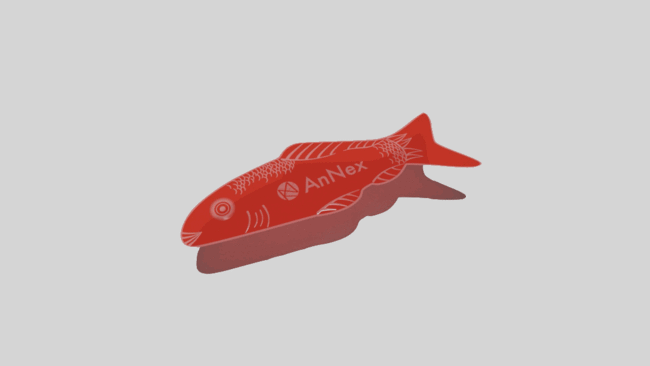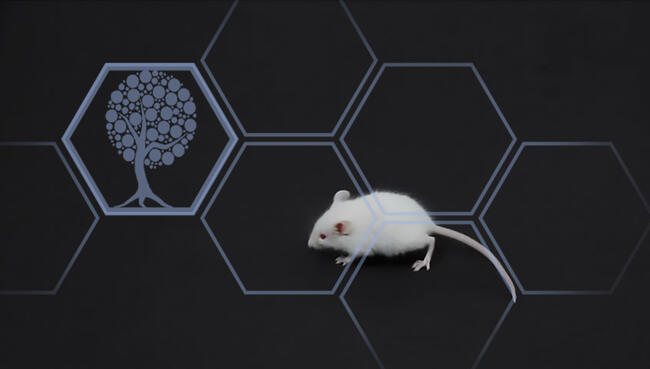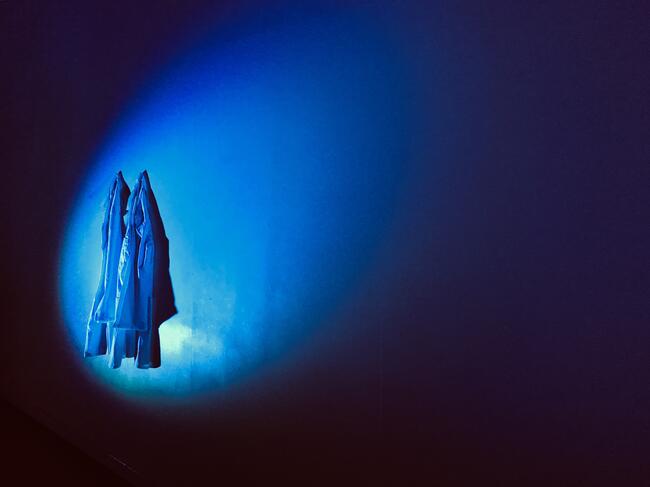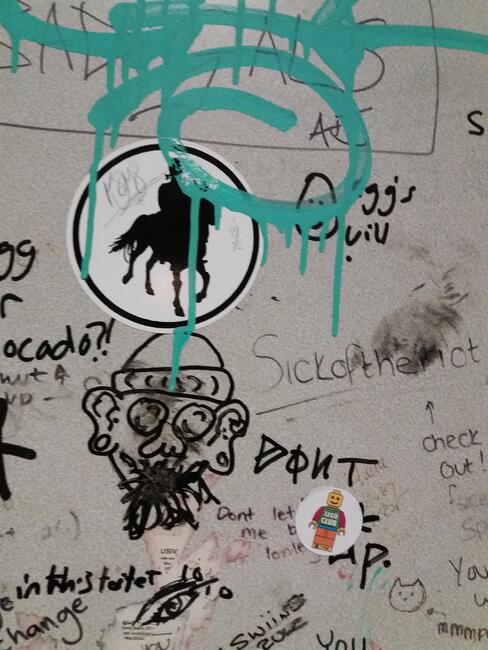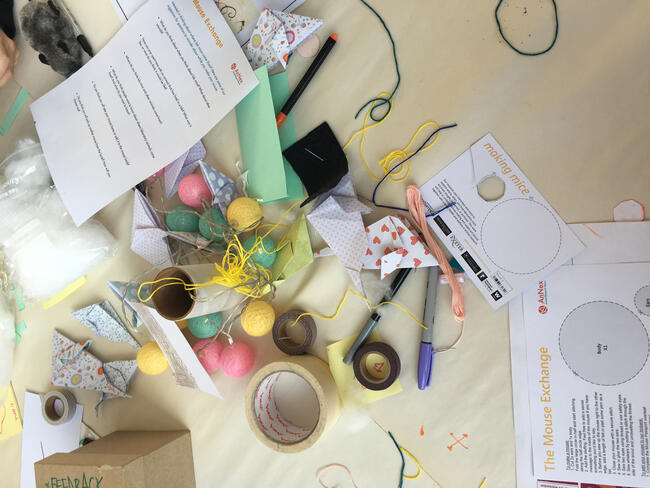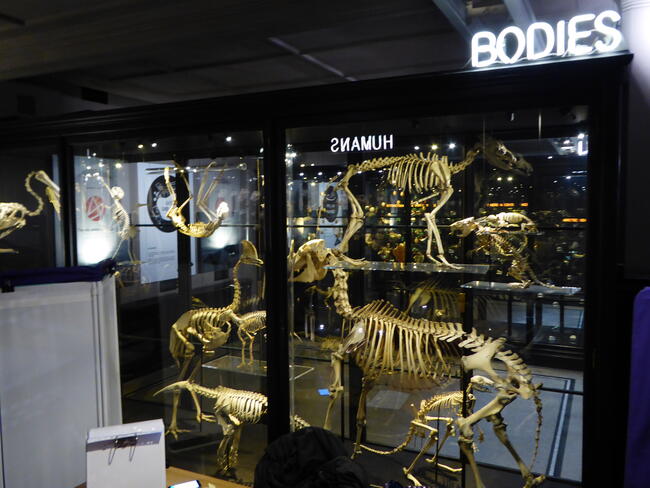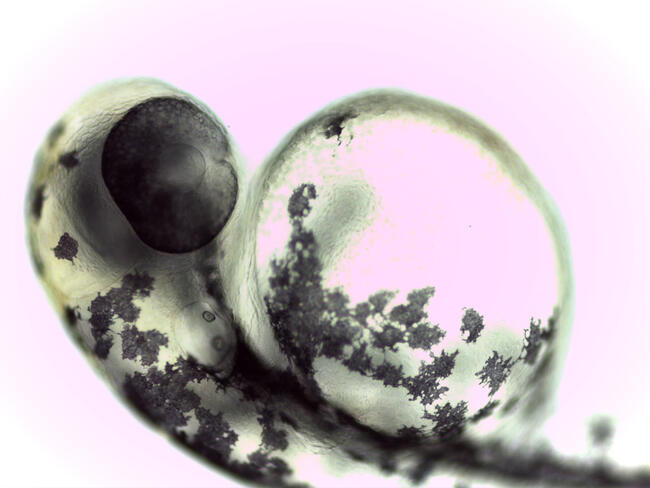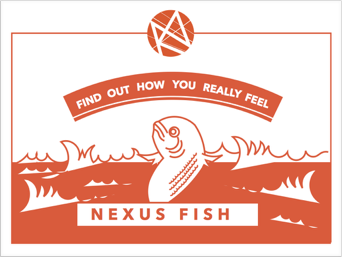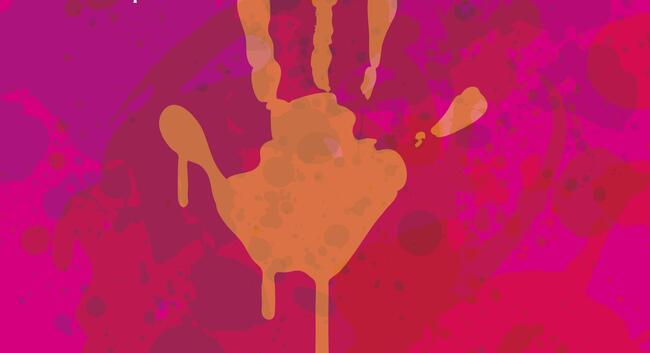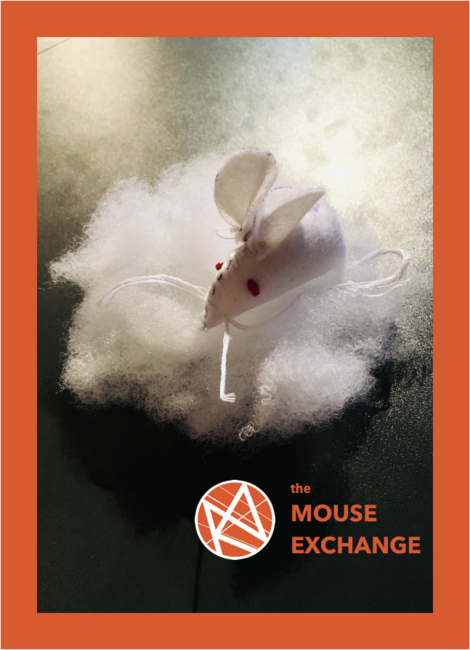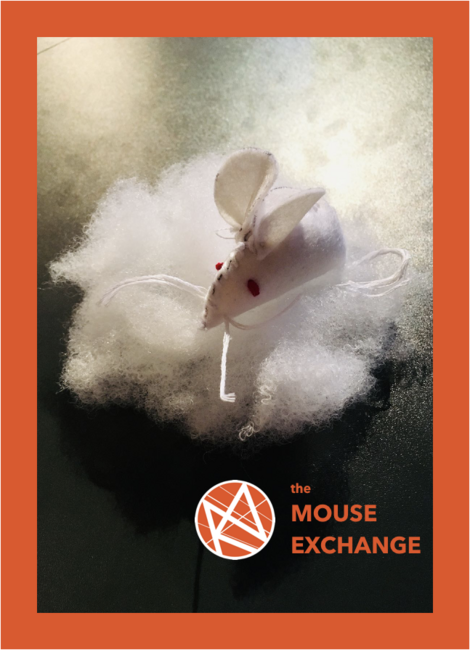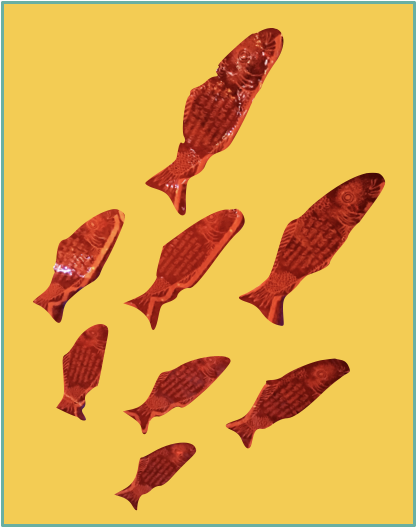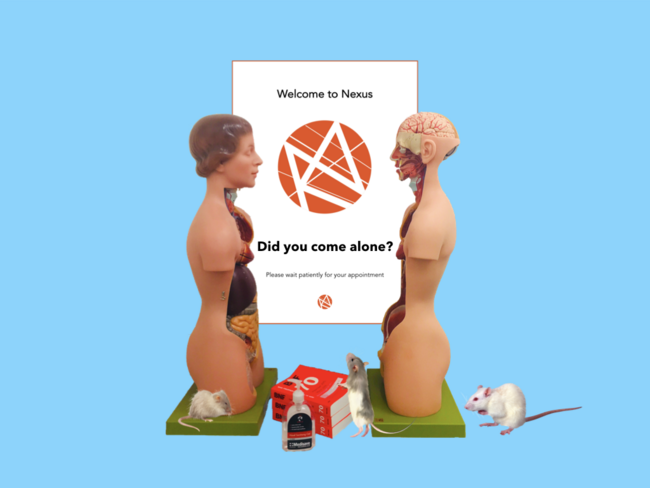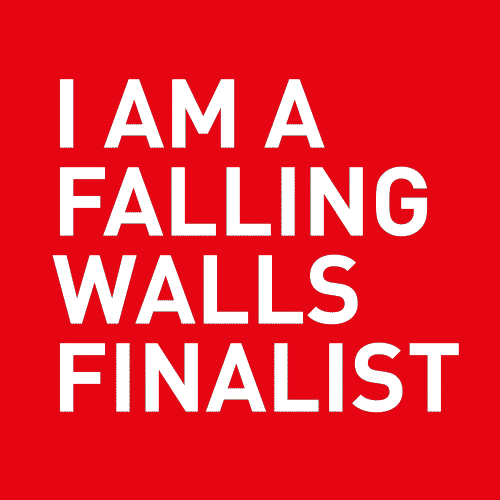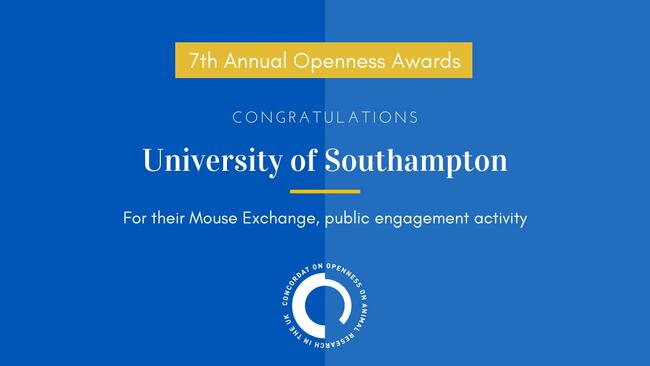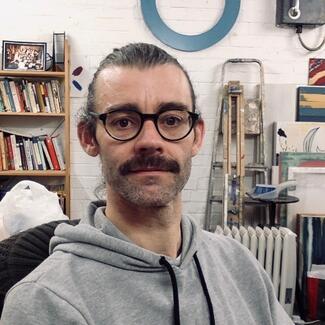The Animal Research Nexus team at the University of Exeter have developed a range of resources to help understand and support involvement with research for when conversations include animal research. By research involvement, we are referring to actitivies where members of the public are actively involved in research projects or organisations. This might include involvement in identifying research priorities for organisations, or as joint grant holders or co-applicants on a research project.
We worked with people involved in research, research scientists, and involvement and engagement professionals to understand the challenges of animal research for involvement. The challenges include the topic of animal research, involvement with 'upstream' laboratory research, and the complexities of translational research.
We published an Interim Report to share findings from our qualitative research with research participants in early 2019. We presented and published our work for different audiences and in academic articles, which you can explore on our project webpage. In 2022, we published a report covering practical next steps for Informing research involvement around animal research, which seeks to show how research involvement can be supported and situated alongside ethical review. We have also devised a training workshop for researchers considering using involvement or engagement in their work, which was part of Beth Greenhough's work on Care-full stories.
